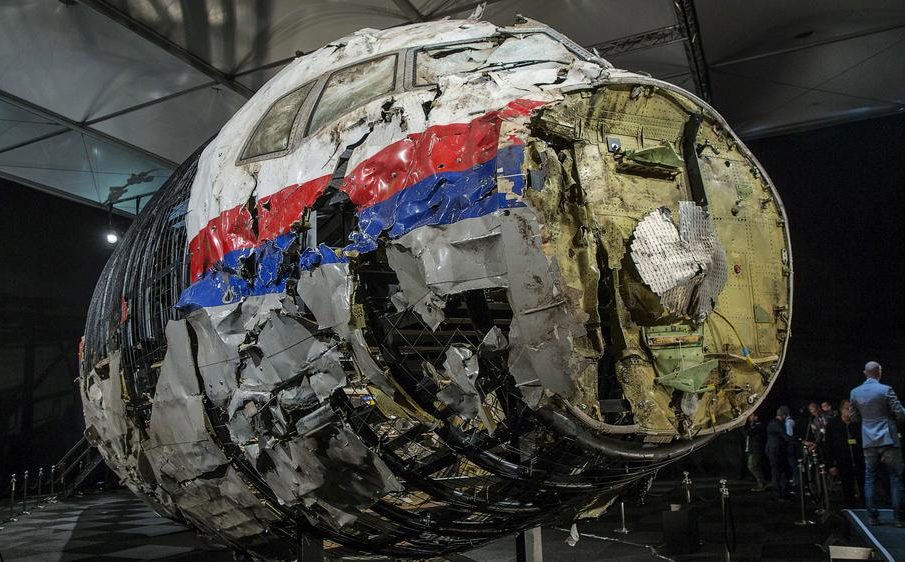The Ongoing Impact of the MH17 Tragedy

Introduction
The downing of Malaysia Airlines flight MH17 on July 17, 2014, remains one of the most devastating tragedies in aviation history. The flight, which was en route from Amsterdam to Kuala Lumpur, was shot down over eastern Ukraine, claiming the lives of all 298 passengers and crew members on board. This incident is not only significant due to the large loss of life but also for its implications on international law, aviation security, and geopolitical tensions.
The Details of the Incident
In a significant turn of events, investigations into MH17 have revealed that the plane was struck by a missile fired from a Buk surface-to-air missile system. This missile system has been linked to Russian-backed separatists in Ukraine, leading to heightened tensions between Russia and Ukraine. International safety and security standards have since been questioned, prompting calls for reform to ensure the safety of civilian airspace in conflict zones.
Investigative Developments
As of 2023, Dutch authorities have been leading a thorough investigation into the incident. In November 2022, a Dutch court convicted two Russian nationals of murder for their roles in the downing of MH17, sentencing them to life in prison. However, the long and complex legal proceedings have highlighted the challenges in holding individuals accountable in the context of international conflicts. Families of victims continue to seek justice and recognition, marking anniversaries with vigils and commemorative events.
Impact on Aviation and International Relations
The aftermath of MH17 has brought about significant changes in aviation policy and international relations. There is now a stronger emphasis on risk assessment for flights passing through conflict areas. Airlines have revised their operational protocols and increased cooperation with government entities to circumvent dangerous air routes. Moreover, the incident has strained diplomatic relations between Russia, the Netherlands, and other nations involved in the investigation, further complicating peace efforts in the region.
Conclusion
Nearly a decade after the tragic event, the ramifications of MH17 continue to be felt across the globe. While some progress has been made in terms of investigations and legal accountability, it is clear that robust measures must be taken to enhance aviation safety and tackle geopolitical challenges. The importance of these discussions cannot be understated, as they have the potential to influence not just aviation policy, but also the future of international relations amid ongoing conflicts. For readers, the MH17 tragedy serves as a reminder of the need for vigilance in ensuring the safety of air travel as well as the profound human cost of geopolitical disputes.









